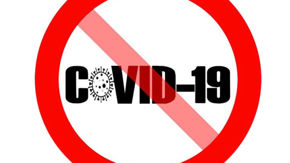2 mins read//
You'd be surprised how frequently people throw around the term "monopoly" for companies like Google, Facebook, and Amazon.
However, neither of the companies are monopolies. So, let's tackle some common misconceptions and figure out what a monopoly is and whether it matches your idea of it.
What Is a Monopoly?
To constitute a monopoly, a company has to dominate its market and become the only option for its consumers. As per the definition, an "absence of competition" is a must.
Thanks to the US antitrust laws, you won't find many monopolies in the US. Even though many people see them as such, most well-known companies in America don't meet the definition of a monopoly.
Amazon, Meta, Google, Disney have massive brand recognition, and their services impact almost everyone. That's enough to have people consider them as monopolies.
Though these companies dominate specific markets, they have competitors too. So, rather than monopolies, it's more accurate to call them market leaders.
What Are the Benefits of Market Leading Companies?
First and foremost, you need to have a good quality product or service to become a market leader. If you don't provide that, you can't truly move to the top of an industry. If consumers keep coming back, they have a reason to do so.
The financial heft of a market leader can lead to innovation, as the security allows them to spend money financing research and development. A company that doesn't invest in innovation may not last long–think about the fate of Kodak and Yahoo.
You only have to look at the efforts Google and Amazon are making to ride each technology wave. For instance, both are trying to develop delivery drones for everyday use. If Google has smart contact lenses, Amazon has its Dash buttons.
What Are the Downsides of Market Leaders?
Market leaders can also limit innovation within the industry to stifle the competition.
Smaller companies may not have the same resources as the market leader they are competing with. Innovation also needs investment, which puts the smaller companies at risk of being taken over by larger companies.
Whereas Google can afford to pour millions into developing a project, startups and small businesses simply can't compete with that.
A market leader needs to have a good quality product or service. But, unfortunately, once they reach that status, they may not maintain the initial quality in search of profits that helped them get to the top.
*Stay tune for Part 2 release with market case study - Amazon & Meta (Facebook)











